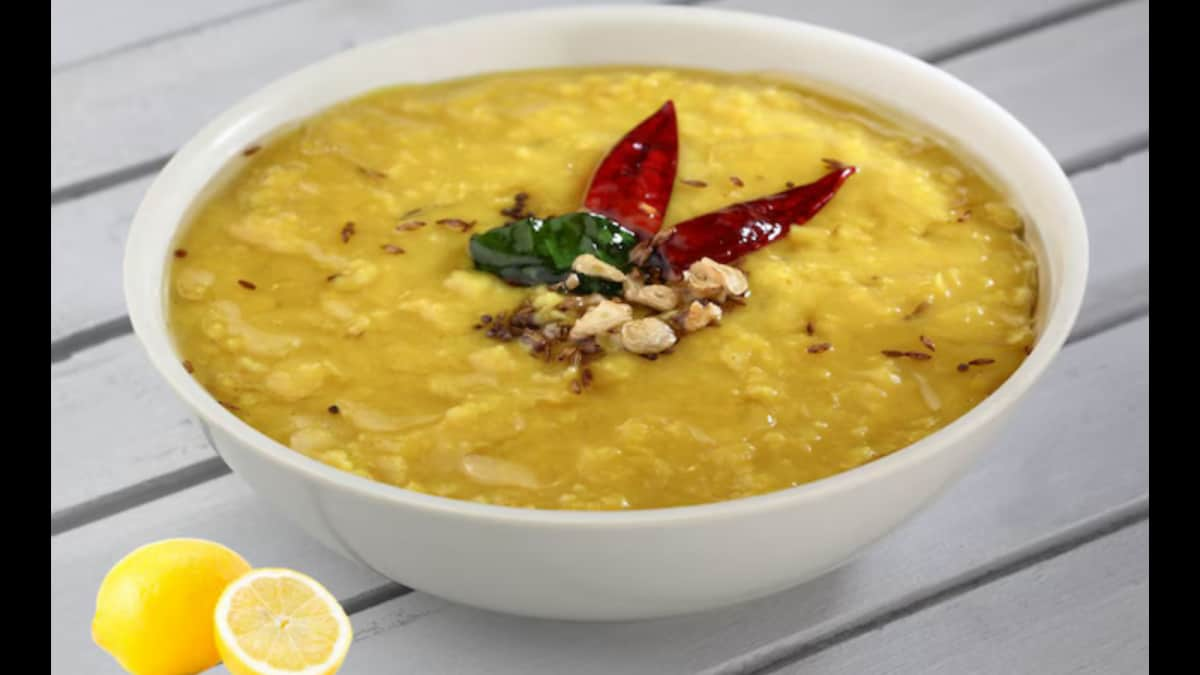Love Squeezing Lemon Into Dal? The ‘Healthy’ Practice May Not Work For All

Last Updated:July 19, 2025, 14:04 IST
Adding lemon to dal boosts iron absorption, thanks to its vitamin C content. This simple combo not only enhances flavour but also offers great health benefits
Lemon has acidic properties and can worsen acidity if consumed in excess. (News18 Hindi)
In most Indian kitchens, dal is a daily staple. Whether it’s tur, moong, or masoor, many people love squeezing lemon into their dal to enhance the flavour. Not only does this add a tangy taste, but many also believe it offers health benefits. But is adding lemon to dal actually good for your health?
Lemon is an excellent source of vitamin C. When added to dal, it not only improves the taste but also boosts its nutritional value. This is especially helpful for people suffering from iron deficiency, as lemon aids in better absorption of iron found in dal.
A Good Pair
Vitamin C plays a crucial role in helping the body absorb iron effectively. Since dal is rich in iron, adding lemon can support this process. So, this popular combination is not just delicious but also quite healthy.
When To Avoid?
While lemon is undoubtedly good for health, it’s important not to squeeze it into piping hot dal. High heat can destroy the vitamin C content in lemon. To retain its nutritional benefits, always add lemon to dal when it is slightly warm or cooled down.
People who suffer from acidity or gastric issues should be cautious. Lemon has acidic properties and can worsen acidity if consumed in excess. In such cases, adding lemon to dal may do more harm than good, especially when eaten on an empty stomach.
If children or elderly family members are not fond of dal, a splash of lemon juice can make it more appealing. The fresh aroma and sourness improve the taste and encourage better intake. Plus, the vitamin C from lemon helps in strengthening immunity, which is vital for both age groups.
view comments
- First Published:
[title_words_as_hashtags




